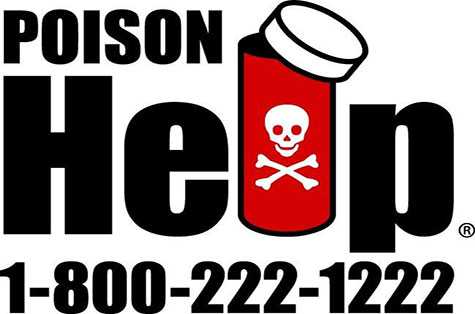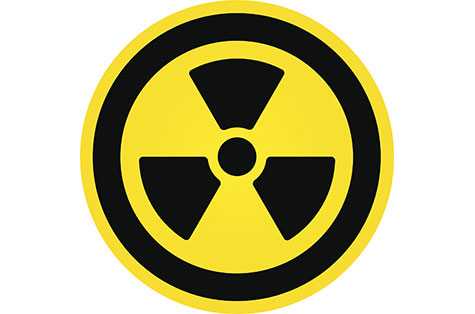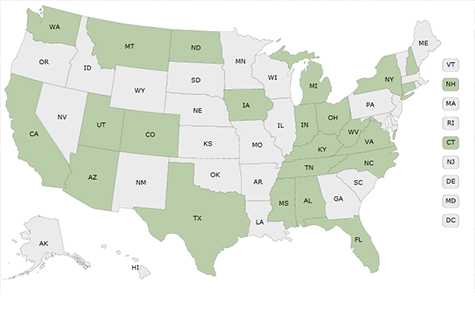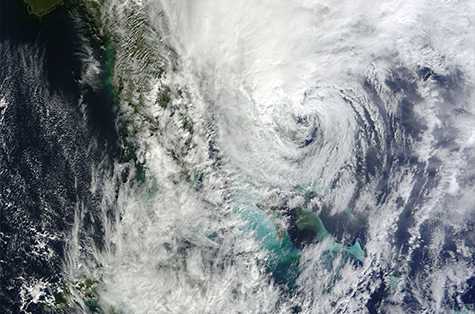The National Center for Environmental Health’s Health Studies Branch (HSB) at the Centers for Disease Control and Prevention (CDC) is the response branch for the Center. HSB conducts rapid epidemiologic investigations in response to outbreaks that are believed to have environmental causes and responds to natural and technologic disasters. More »
Promoting Clean Water for Health
Drinking water quality has a major influence on public health. Even in the United States, clean water is not always assured. About 13.1 million households in the United States obtain drinking water from private wells, while others obtain their drinking water from local springs, livestock water tanks, or from rainwater captured in cisterns. Little is known about the quality of water from these unregulated sources and the potential impact on human health
Understanding Chemical and Radiation Exposures
Each day, people everywhere could be exposed to chemicals or radiation —in their food, in the water they drink, and in the air they breathe. Some exposures are the result of accidents, disasters, or intentional attempts to cause harm. The Health Studies Branch (HSB) of CDC’s National Center for Environmental Health (NCEH) specializes in studying the public health consequences of these exposures.
Preparedness and Response for Public Health Disasters
A disaster is the serious disruption of the functioning of society, causing widespread human, material or environmental losses that exceed the local capacity to respond and calls for external assistance. Natural and man-made disasters can occur without warning; keeping them from turning into major public health emergencies requires careful planning
See our Success Stories
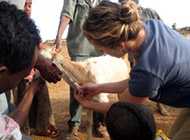
Our Work in the United States and Around the World
- Page last reviewed: January 13, 2012
- Page last updated: August 22, 2017
- Content source:


 ShareCompartir
ShareCompartir


